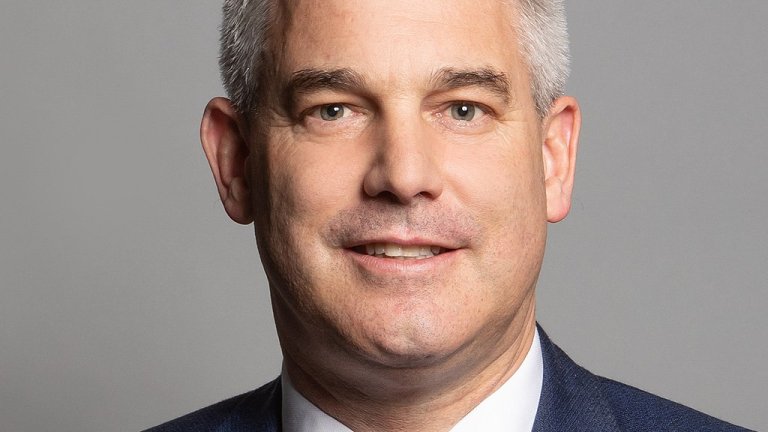Responding, BGS President, Professor Adam Gordon, said:
The BGS welcomes today’s Urgent and Emergency Care recovery plan released by NHS England. We have previously highlighted the need to put care for older people with frailty at the centre of the recovery plan and it feels like we have been heard.
For many older people requiring urgent care, hospital admission is not the best option and may cause more harm than good. We are pleased to see the emphasis in the document on providing care outside a hospital setting. Same-day emergency care units are now well established in many parts of the country and can enable more rapid decision-making by senior consultants to support early discharge to home or other community care settings. It is essential that these units enable older people with frailty to receive same-day assessment by specialist multidisciplinary teams so that they can have timely care without needing to go into hospital.
The proposal to increase capacity in virtual wards is a centrepiece of the plan. Among the various virtual ward models being developed by the NHS, it is Hospital at Home for older people with frailty which is most likely to make a difference. Research has shown that this type of care can enable some people to receive hospital-level care where they live, with equivalent health and wellbeing outcomes as would be expected if they went into hospital. While this is not an option for everybody, we know that many older people who receive care this way value being able to stay at home.
We have previously raised concerns about the lack of rehabilitation capacity across the NHS and we remain concerned about this. Older people with frailty are at substantial risk of becoming less mobile and independent when they are unwell. They have a right to expert assessment and to rehabilitation where it can offer a route to recovery. It is essential, as part of these plans, that the NHS focuses on building rehabilitation capacity in hospitals, in care homes and in people’s own homes. Failure to invest in rehabilitation could jeopardise the other important measures announced today.
The biggest challenge to today’s proposals will be ensuring that appropriately trained staff are in place to provide these services. The NHS faces record workforce shortages and simply moving staff around from one part of the NHS to another can only work as a short-term fix. For this reason, it is essential for the government to work rapidly to resolve existing disputes with the healthcare unions. While the recovery plan outlines some steps that will be taken to address workforce shortages, it is essential that a sustainable workforce strategy for the medium and long term is published as soon as possible. This must include recruiting more staff specialising in older people’s healthcare across the multidisciplinary team and ensuring that staff working within the NHS and social care have the skills they need to care for older people with frailty. If the workforce crisis is not addressed, the ambitious proposals set out today will not succeed.”



